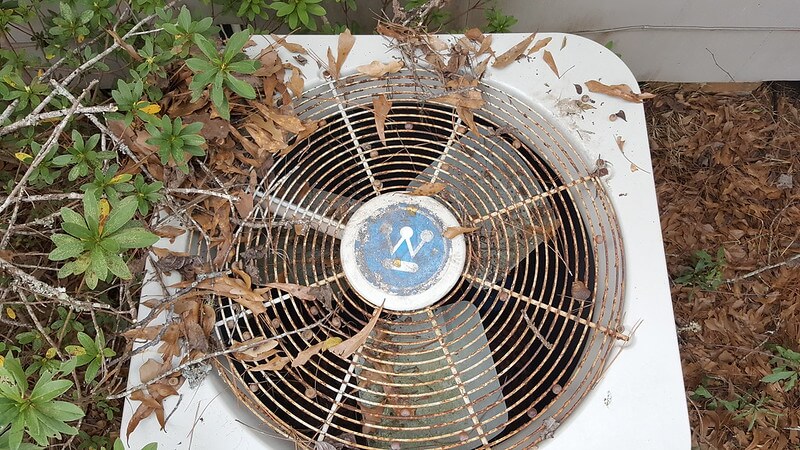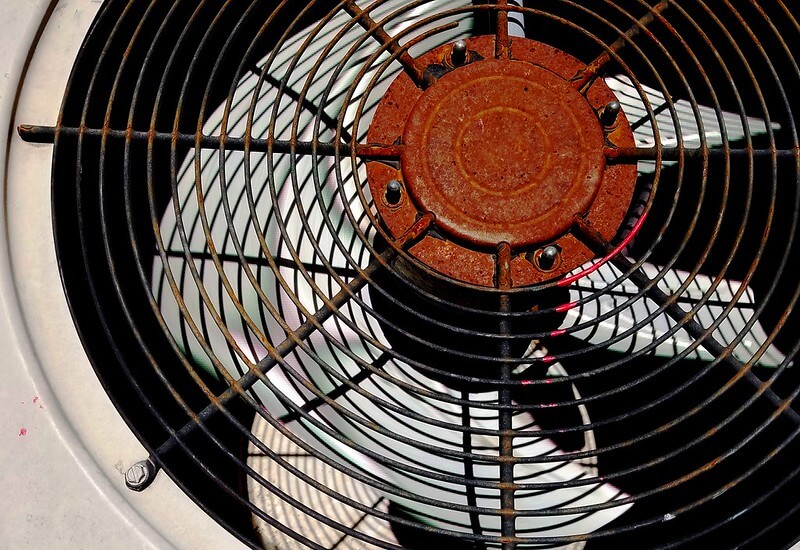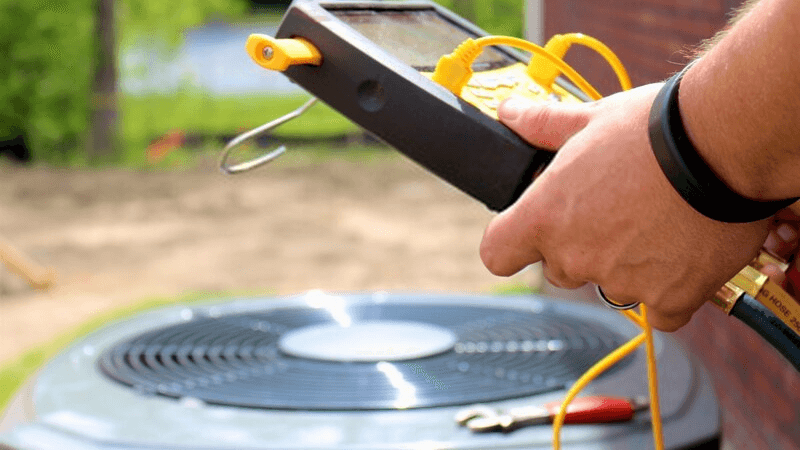Air conditioners are not always silent, and their noise is not always bad. Some noises an air conditioner makes are nothing to worry about. However, others can signify severe and potentially expensive problems to repair.
Whether it is a click, constant light hum, rattling, hissing, or jet engine sound, the air conditioner is trying to communicate something. If your air conditioner sounds like a jet engine, below are some possible culprits to check out and how to fix them.
Why Does the Air Conditioner Sound Like A Jet Engine?
Air conditioners are designed to produce very low noise as possible. If your air conditioner sounds like a jet engine when starting up, this is nothing to worry about. It could just be an initial air bust which is normal during startup. Apart from this sound, other sounds during startup include rattling and some clicking.
However, if your air conditioner has sudden strange noise or gets noticeably louder, it needs further attention. Below are some mechanical issues that may make sounds like a jet engine.
1. Defective Condenser Fan
When the condenser fan is not working correctly, you can hear a jet engine, buzzing, and humming sounds. First, check that there is not any debris caught up in the unit that may cause this problem. Debris can cause fan imbalance, which makes it noisy. Also, a breakdown will likely occur if you notice a burning smell around the AC unit.

First, check the breaker box for any flipped breakers to fix a broken condenser fan. Like other components in an HVAC system, it needs power fed from your electrical panel. Locate the breaker, flip it off, and flip it back on. Also, if you have a fuse box, replace the blown fuse with a matching one in size and amperage.
If that is not the problem, check the outdoor disconnect box. Power outages and surges can cause them to blow, which affects the condenser fan.
2. Faulty Compressor
Jet engine sounds can also be a result of a broken AC compressor. First, turn off the system and check if the distributor motor inside the compressor is loose. Also, check inside the compressor for any component thrashing around.

If the compressor’s motor is loose, resolve the issue by fixing it to prevent further damage to the unit. Compressor failure can also be a result of failing electrical components. If you are unsure about the issue, contact a trained AC technician or electrician to help fix the problem. See other signs of a failing air conditioner compressor.
Other Problematic Air Conditioning Sounds
Banging & Rattling Noise
If your air conditioner is making loud banging sounds, this is a sign that the compressor has a problem. The compressor is the part that removes the excess heat in your home. As time goes by, parts might become loose in the compressor as it vibrates over time. A banging or rattling noise is what you’ll hear if this is the case.
This is a result of the components hitting the AC’s frame. If the problem is severe, contact your local AC technician for help. If it’s only loose screws, use a screwdriver to fasten them.
Screeching & Squealing Noise
These two are one of the most common sounds associated with air conditioners.
Screeching noise is a sign of a failing condenser fan motor. It can also result from a damaged blower fan motor in your home. The bearings might need replacement if that is the case.
A worn-out or broken fan belt can give off a squealing noise. This is because the belt that connects the motor to the fan wears out over time. Contraction and expansion of the belt during hot and cold days can also cause this noise.
Bubbling & Gurgling Noise
Both bubbling and gurgling sounds can differ but point to the same issue.
The number one cause of AC bubbling noise is excess moisture. Check out for blockage in the condensate drain pipe that might be causing the condensate to build up in the drain pan. Bubbling noise can also result from a failure of the condensate pump. When the pump is unable to pump condensate out, you might hear a bubbling noise.
Gurgling noise only is usually associated with a problem with the refrigerant. A gurgling noise can be heard if air gets trapped in the refrigerant lines. In case of refrigerant leakage, you will hear a bubbling or hissing noise.

